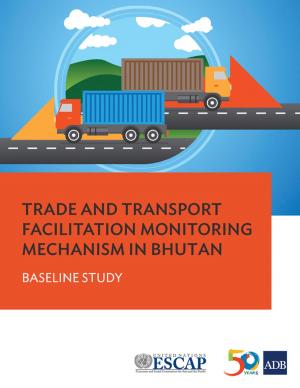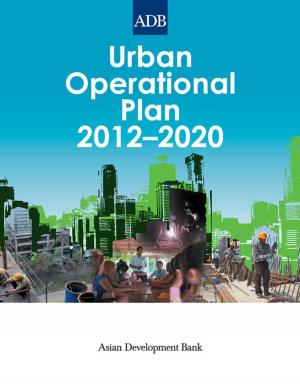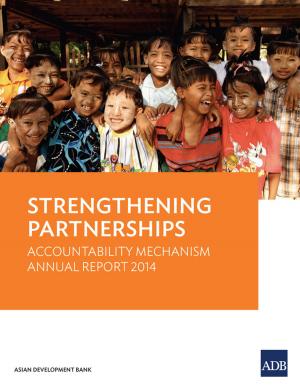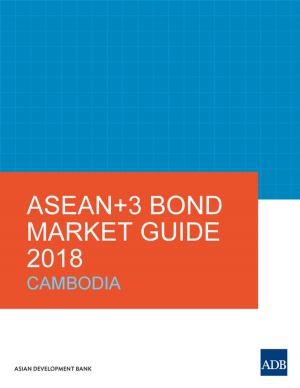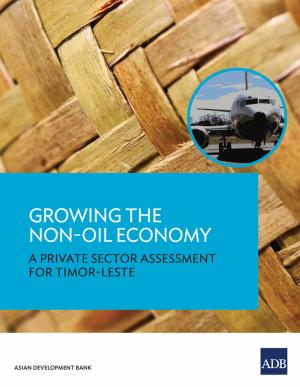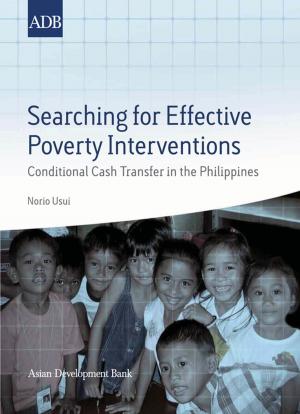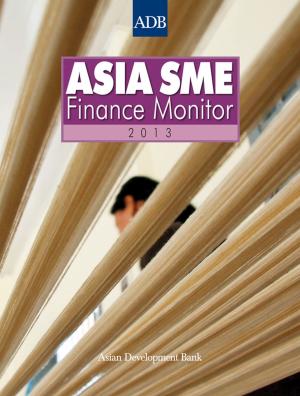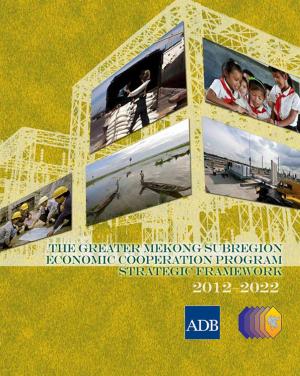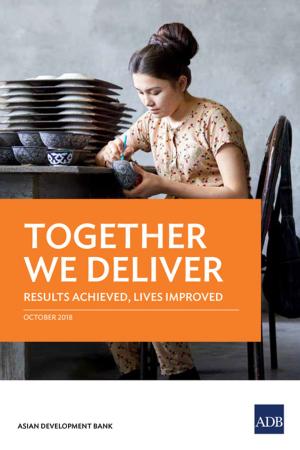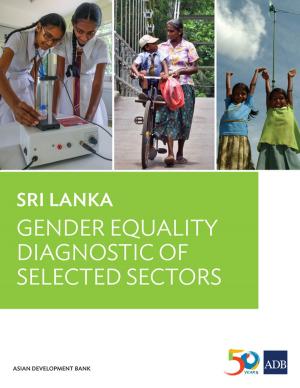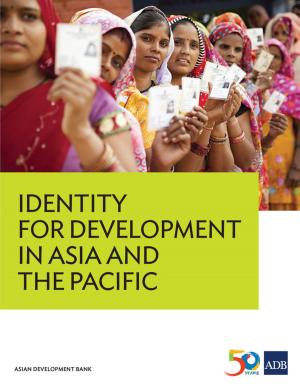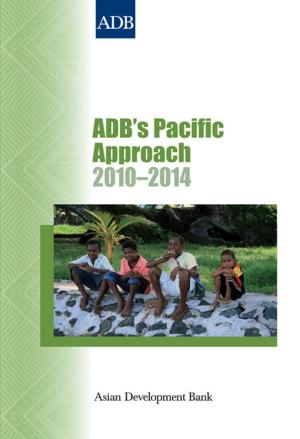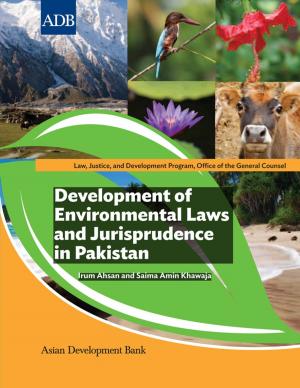Development Effectiveness Review 2012 Report
Business & Finance, Economics, Sustainable Development, Economic Development| Author: | Asian Development Bank | ISBN: | 9789292540333 |
| Publisher: | Asian Development Bank | Publication: | April 1, 2013 |
| Imprint: | Asian Development Bank | Language: | English |
| Author: | Asian Development Bank |
| ISBN: | 9789292540333 |
| Publisher: | Asian Development Bank |
| Publication: | April 1, 2013 |
| Imprint: | Asian Development Bank |
| Language: | English |
The 2012 Development Effectiveness Review (DEfR) is the sixth annual corporate performance report of the Asian Development Bank (ADB). The review found that the development effectiveness review process introduced in 2008 has successfully propagated a results culture across ADB. This has led to improved performance in most areas of the results framework measuring ADB’s operational and organizational effectiveness. As a result, ADB has been able to meet an increasing proportion of its targets. It has also expanded ADB’s contributions to development outcomes in the region. Compared with 2008, the report's findings include: ADB operations are more focused on Strategy 2020 priorities, including gender mainstreaming; the quality at entry (QAE) of country partnership strategies and sovereign operations is consistently high and the QAE of nonsovereign operations has improved significantly; project start-up is more efficient; cofinancing has increased considerably; ADB coordinates more closely with other development partners and shares knowledge more effectively; ADB has more staff to support operations, and almost half of them work in resident missions to increase responsiveness to clients; resident missions are more empowered; ADB staff are more engaged and motivated; and the gender balance at ADB has improved significantly. The DEfR also highlighted areas requiring further improvement. Actions to strengthen project readiness and implementation supervision need reinforcing to raise project success and outcome achievement rates—two of the areas where performance improved but targets were not reached.
The 2012 Development Effectiveness Review (DEfR) is the sixth annual corporate performance report of the Asian Development Bank (ADB). The review found that the development effectiveness review process introduced in 2008 has successfully propagated a results culture across ADB. This has led to improved performance in most areas of the results framework measuring ADB’s operational and organizational effectiveness. As a result, ADB has been able to meet an increasing proportion of its targets. It has also expanded ADB’s contributions to development outcomes in the region. Compared with 2008, the report's findings include: ADB operations are more focused on Strategy 2020 priorities, including gender mainstreaming; the quality at entry (QAE) of country partnership strategies and sovereign operations is consistently high and the QAE of nonsovereign operations has improved significantly; project start-up is more efficient; cofinancing has increased considerably; ADB coordinates more closely with other development partners and shares knowledge more effectively; ADB has more staff to support operations, and almost half of them work in resident missions to increase responsiveness to clients; resident missions are more empowered; ADB staff are more engaged and motivated; and the gender balance at ADB has improved significantly. The DEfR also highlighted areas requiring further improvement. Actions to strengthen project readiness and implementation supervision need reinforcing to raise project success and outcome achievement rates—two of the areas where performance improved but targets were not reached.

